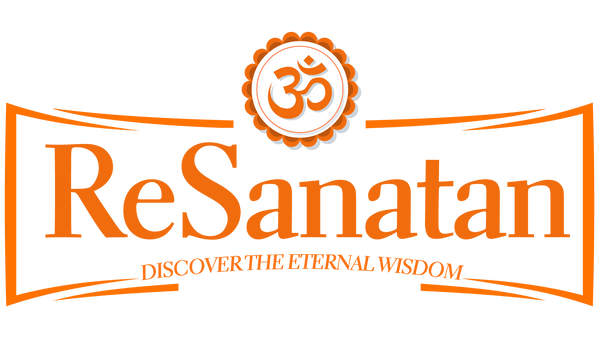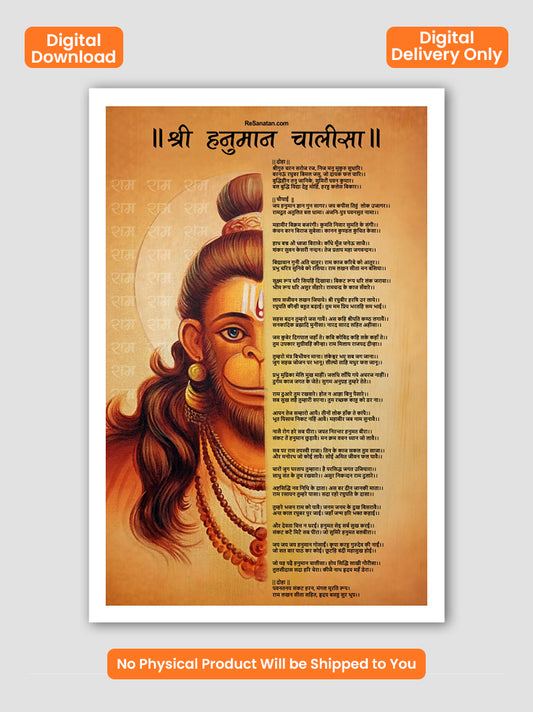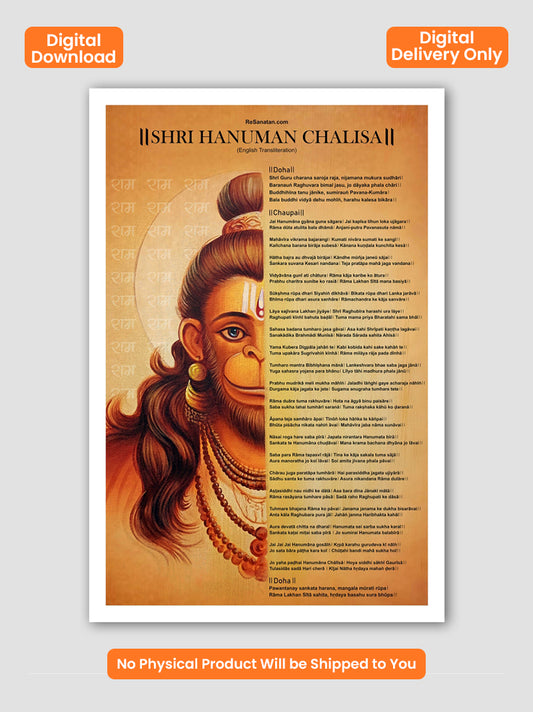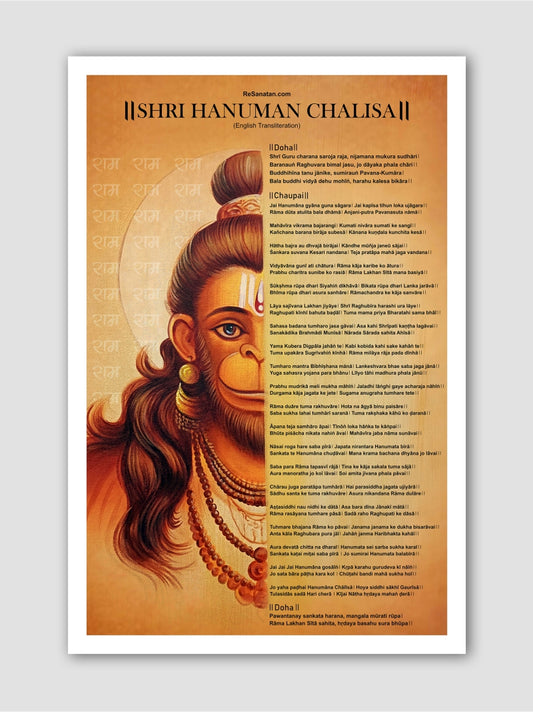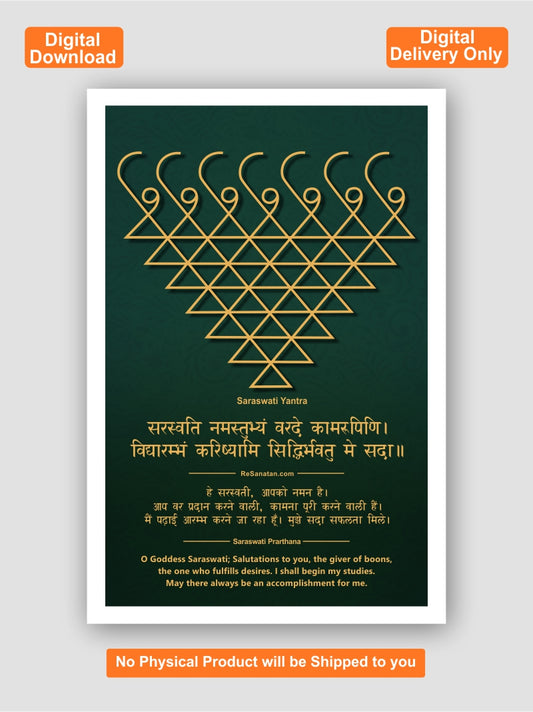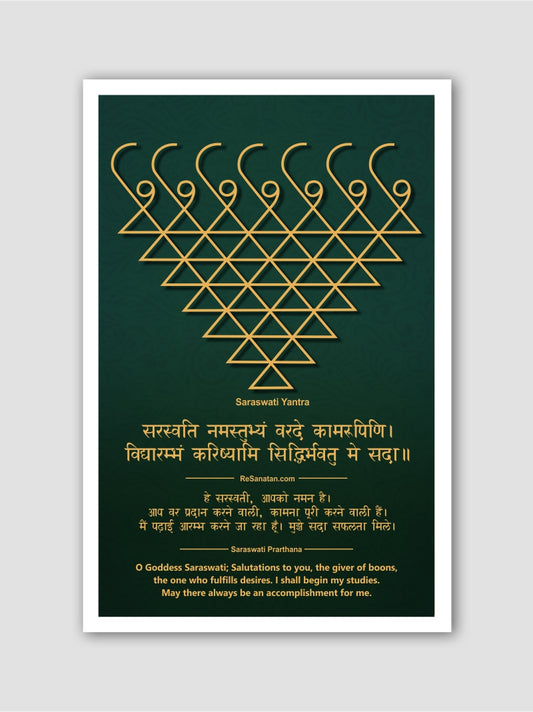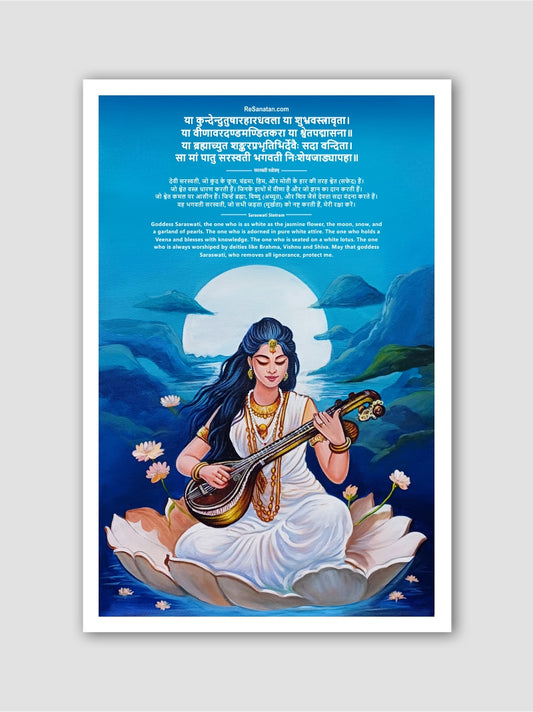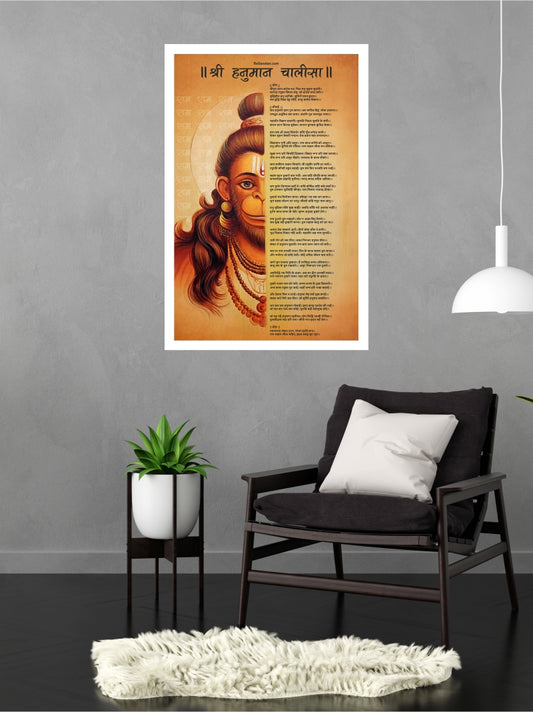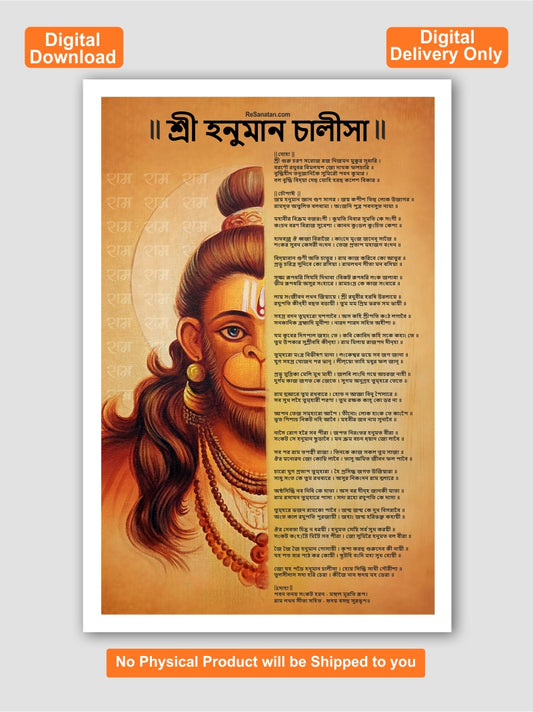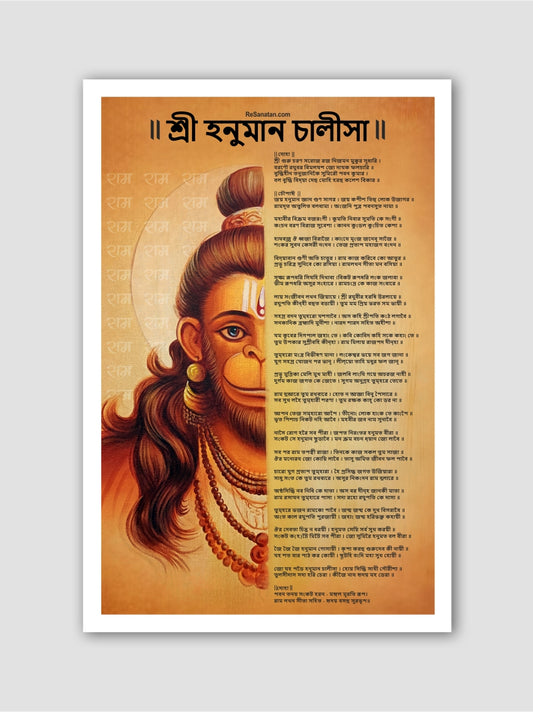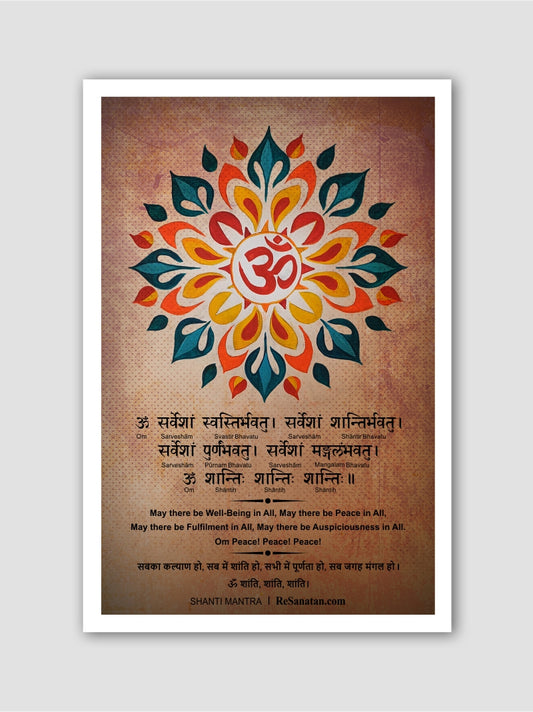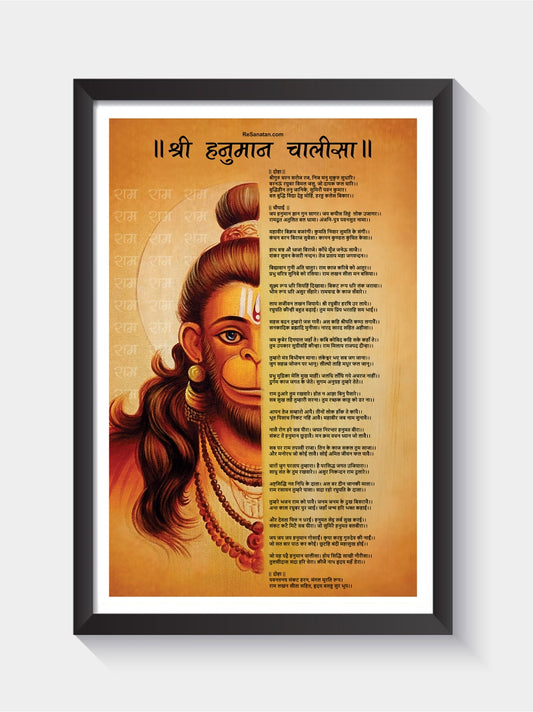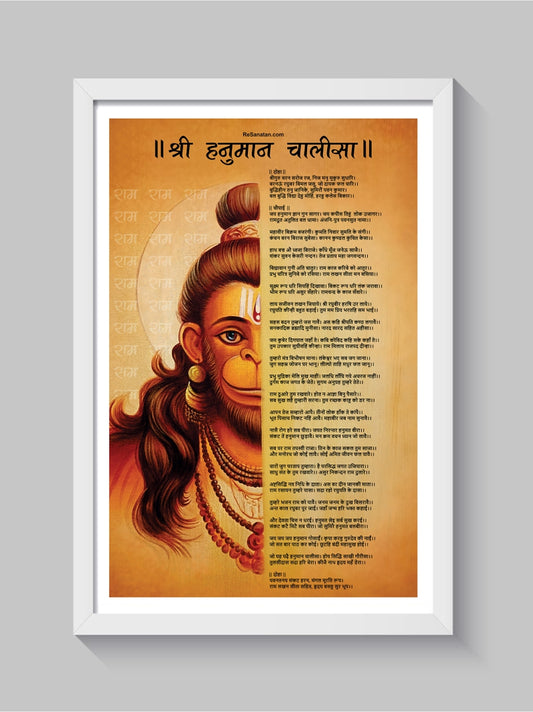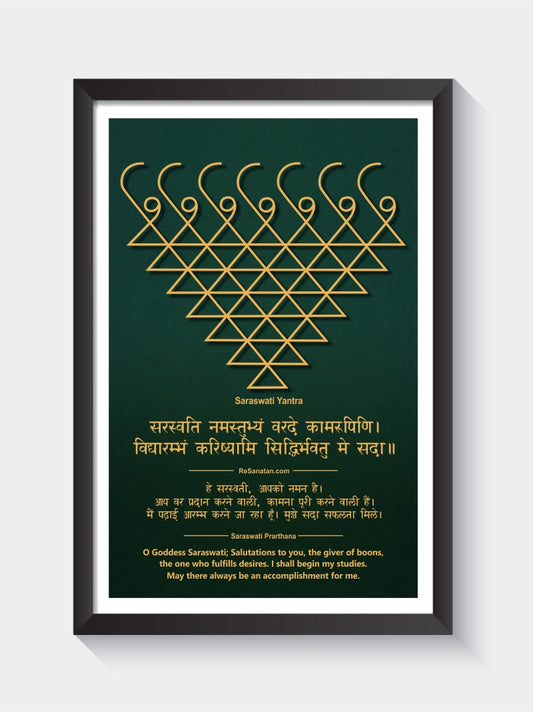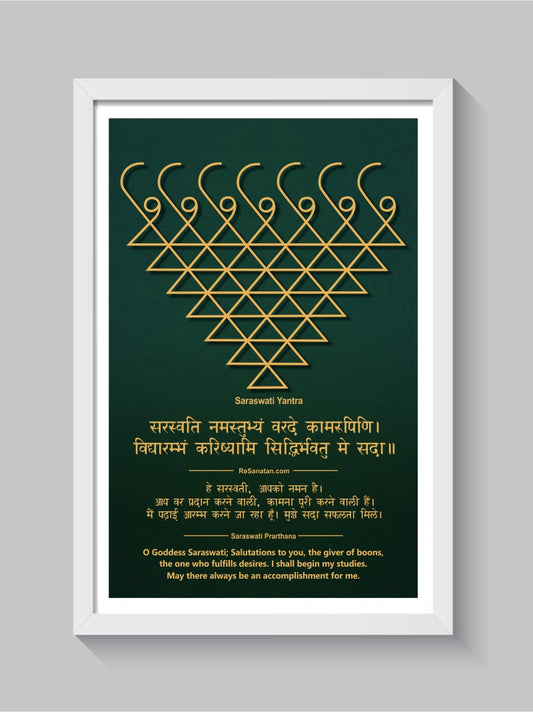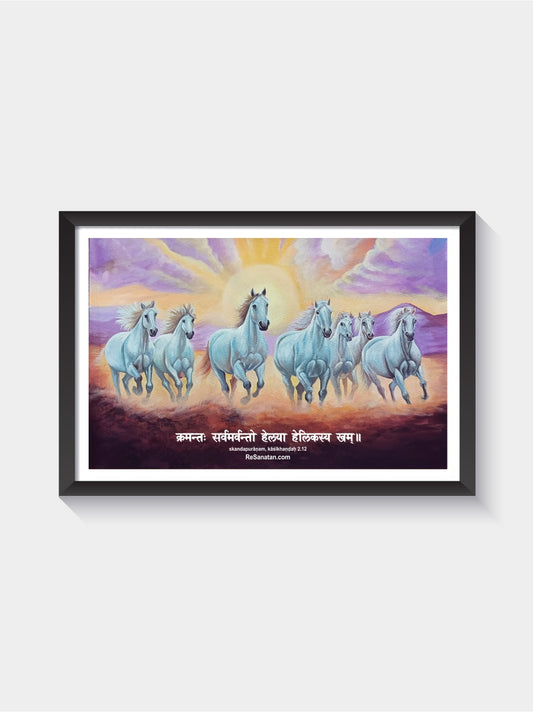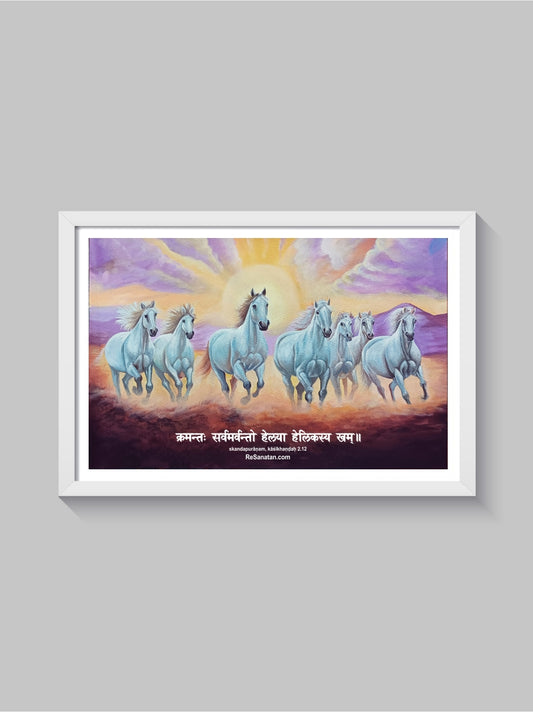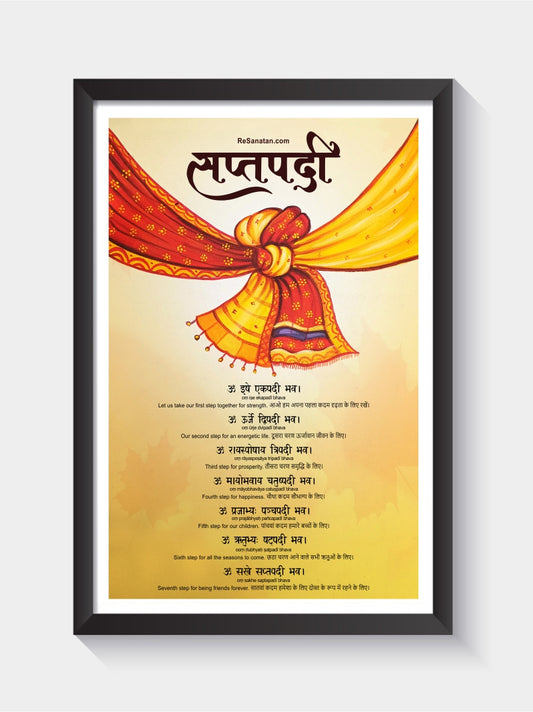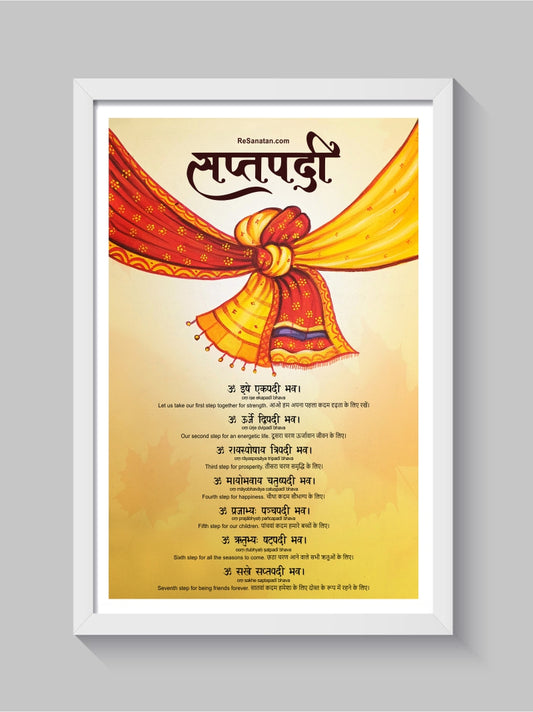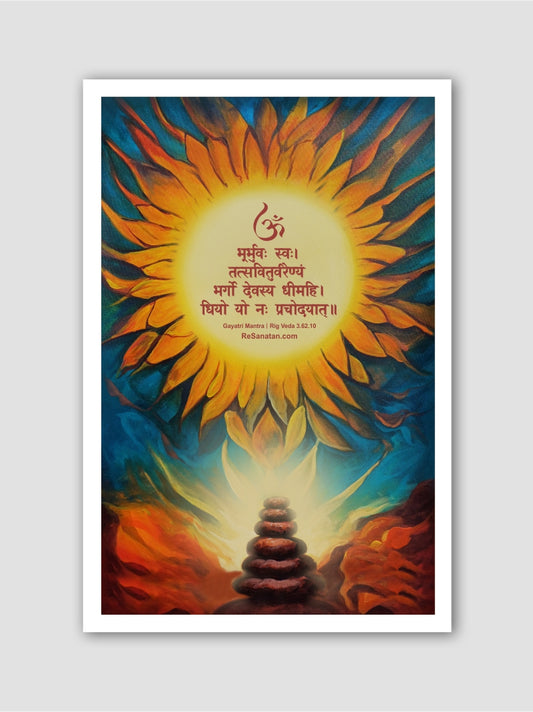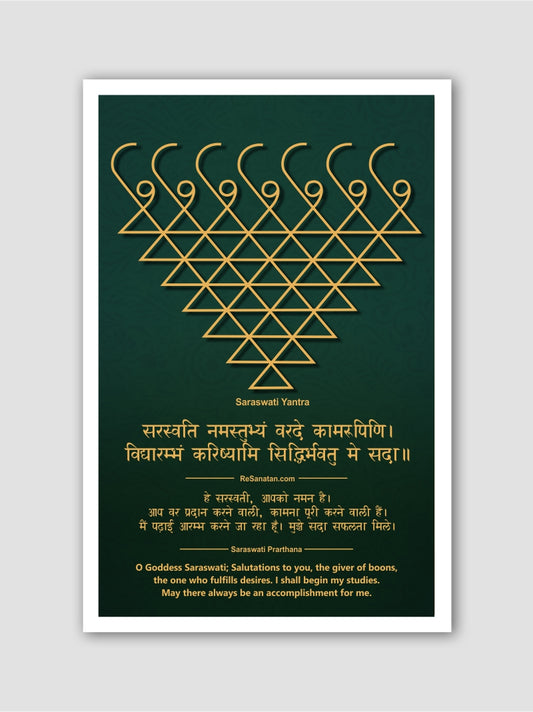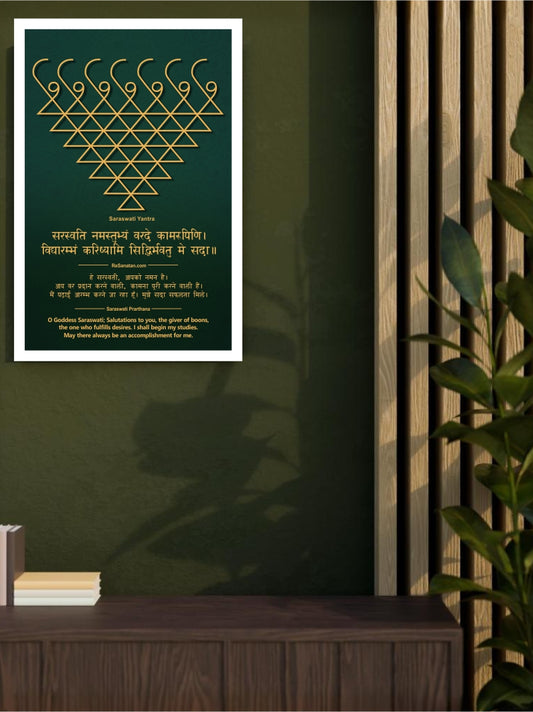Reincarnation Beliefs in Hinduism: Karma, Samsara, and the Soul’s Eternal Journey
Share
Reincarnation in Hinduism is one of the most profound and defining aspects of its spiritual philosophy. Rooted deeply in ancient scriptures, it reflects the belief that the soul (Atman) is eternal and passes through a continual cycle of birth, death, and rebirth, guided by the moral law of karma. This doctrine not only shapes Hindu perspectives on life and death but also offers a deeper understanding of morality, destiny, and the ultimate purpose of existence.

The Core Concept: Atman and Samsara
At the heart of Hindu thought lies the belief that every living being possesses an Atman, or true self — eternal, unchanging, and divine. While the body perishes, the Atman transcends death and enters a new form, beginning life afresh. This process of continual transformation is known as Samsara, the wheel of birth, death, and rebirth.
The form a soul takes in each new life—be it as a human, an animal, or even a celestial being—depends upon its spiritual evolution and the karma it has accumulated. Thus, Samsara represents both the opportunity and the challenge of existence: a journey of growth through countless lifetimes toward ultimate liberation.
Karma: The Driving Force Behind Rebirth
Karma, meaning “action,” is the cosmic law of moral cause and effect that governs the process of reincarnation. Every thought, word, and deed in one’s life contributes to the creation of karma, which determines the conditions and quality of future births.
Positive karma—born of truth, compassion, and righteousness—leads to favorable circumstances and higher states of existence.
Negative karma, arising from greed, cruelty, or deceit, results in suffering and lower forms of rebirth.
This moral principle reinforces personal accountability, encouraging ethical living and self-discipline. In Hinduism, karma is not punishment but a divine mechanism of balance, ensuring that every action finds its rightful consequence.
Forms of Rebirth: The Soul’s Many Journeys
Rebirth, according to Hindu philosophy, can occur in several realms of existence, each offering unique opportunities for spiritual growth:
Human Birth: Considered the most precious form, as it provides self-awareness, moral choice, and the capacity for spiritual advancement.
Animal Birth: Guided by instinct, this stage represents purification and the working out of residual karmic debts.
Celestial Births: Souls may be reborn as divine or semi-divine beings, experiencing joy and wisdom, yet still bound to the cycle of rebirth until liberation is achieved.
Each life, therefore, is a classroom where the soul learns lessons necessary for its evolution toward enlightenment.
Moksha: Liberation from the Cycle of Rebirth
The ultimate goal of human life, as per Hinduism, is Moksha—liberation from the continuous cycle of Samsara. Moksha is attained when one realizes the true nature of the self (Atman) and its unity with the Supreme Consciousness (Brahman).
This realization dissolves ignorance (Avidya) and erases the binding effects of karma, freeing the soul from the necessity of rebirth. Upon achieving Moksha, the soul merges with Brahman, experiencing eternal bliss, peace, and oneness with the divine.
Scriptural and Historical Foundations
The doctrine of reincarnation finds its roots in the most ancient Hindu scriptures:
The Rigveda alludes to the soul’s journey beyond death.
The Upanishads explicitly discuss the immortality of the Atman and the process of rebirth.
The Bhagavad Gita, one of Hinduism’s most revered texts, presents Lord Krishna explaining to Arjuna that the soul cannot be destroyed—it merely sheds old bodies and assumes new ones, much like changing clothes.
Throughout history, great spiritual teachers like Swami Vivekananda and Adi Shankaracharya have elaborated on these teachings, emphasizing that ignorance, karma, and attachment bind the soul, while knowledge and devotion lead to liberation.
Philosophical and Practical Implications
The belief in reincarnation profoundly influences Hindu values, social behavior, and worldview:
Compassion and non-violence: Since every being is on its spiritual journey, all life deserves respect.
Acceptance of death: Death is not an end but a natural transition to another phase of existence.
Moral responsibility: Actions today determine one’s future experiences, creating a strong incentive for righteous living.
Spiritual practice: Meditation, prayer, and selfless service help purify the mind and accumulate good karma, paving the way toward Moksha.
This cyclical understanding of life transforms the fear of death into a deeper awareness of spiritual continuity and purpose.
Modern Interpretations and Reflections
In the modern world, scholars and thinkers continue to explore the intersection between ancient Hindu beliefs and emerging scientific insights into consciousness, memory, and near-death experiences. While empirical proof of reincarnation remains elusive, the philosophical depth of Hindu teachings continues to inspire contemplation about life beyond the physical form.
For many, reincarnation offers a framework for hope, accountability, and meaning—a reminder that our lives are threads in a vast, interconnected tapestry woven across lifetimes.
Conclusion
Reincarnation in Hinduism beautifully encapsulates the eternal journey of the soul. Through the interplay of Atman, Karma, Samsara, and Moksha, it presents life not as a fleeting event but as an ongoing adventure of spiritual evolution.
By understanding and embracing these truths, one learns that every life, every challenge, and every joy is part of a divine design—a step toward ultimate freedom and union with the Supreme.
